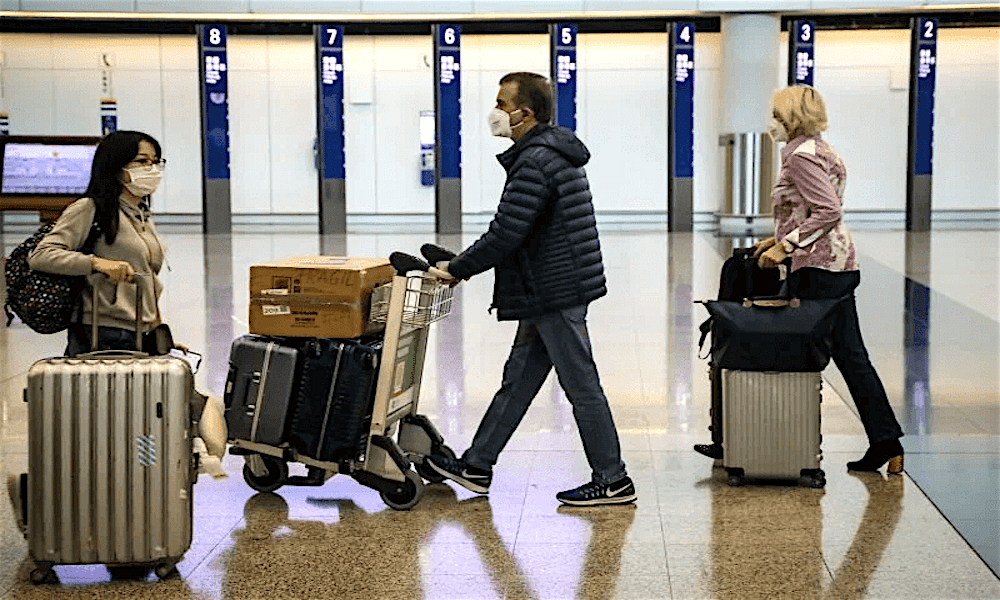
After a stuttering start, the latest batch of travel rules came into effect on Sunday. Here’s what you need to know.
What do I need to travel into Ireland?
All arriving passengers will need a negative Covid test as well as a Covid vaccination certificate.
You must also complete a passenger locator form.
Which test do I need?
It all depends on your vaccination status. If you have a vaccine cert that shows you’ve either been fully vaccinated or have recovered from Covid, all you need is a negative antigen test taken no more than 48 hours before you arrive.
You can also present a negative PCR test, but the antigen tests are typically cheaper.
If you don’t have proof of vaccination or recovery, you’ll need a negative PCR test taken no more than 72 hours before you arrive.
I’m confused about the kind of antigen test I can take?
You’re not alone. There’s been a bit of confusion about which kind of antigen test you can take.
The regulations specify that antigen tests must be ‘professionally administered,’ which means you can’t use one of those DIY kits you can pick up in most pharmacies.
Basically, you have to use a test that is on the common EU rapid antigen test list and comes with a ‘fit-to-fly’ certificate or QR code, and they’re only available through select providers.
What if I’m travelling from the UK, which is part of the Common Travel Area?
If you’re coming into Ireland from the UK you’ll still need a negative test and fill in the PLF, I’m afraid.
However, if you’re travelling in the other direction you don’t have to worry about the UK’s recently introduced restrictions, because, well, the Common Travel Area. You don’t even need to fill in the UK passenger locator form.
Yes, it’s confusing.



